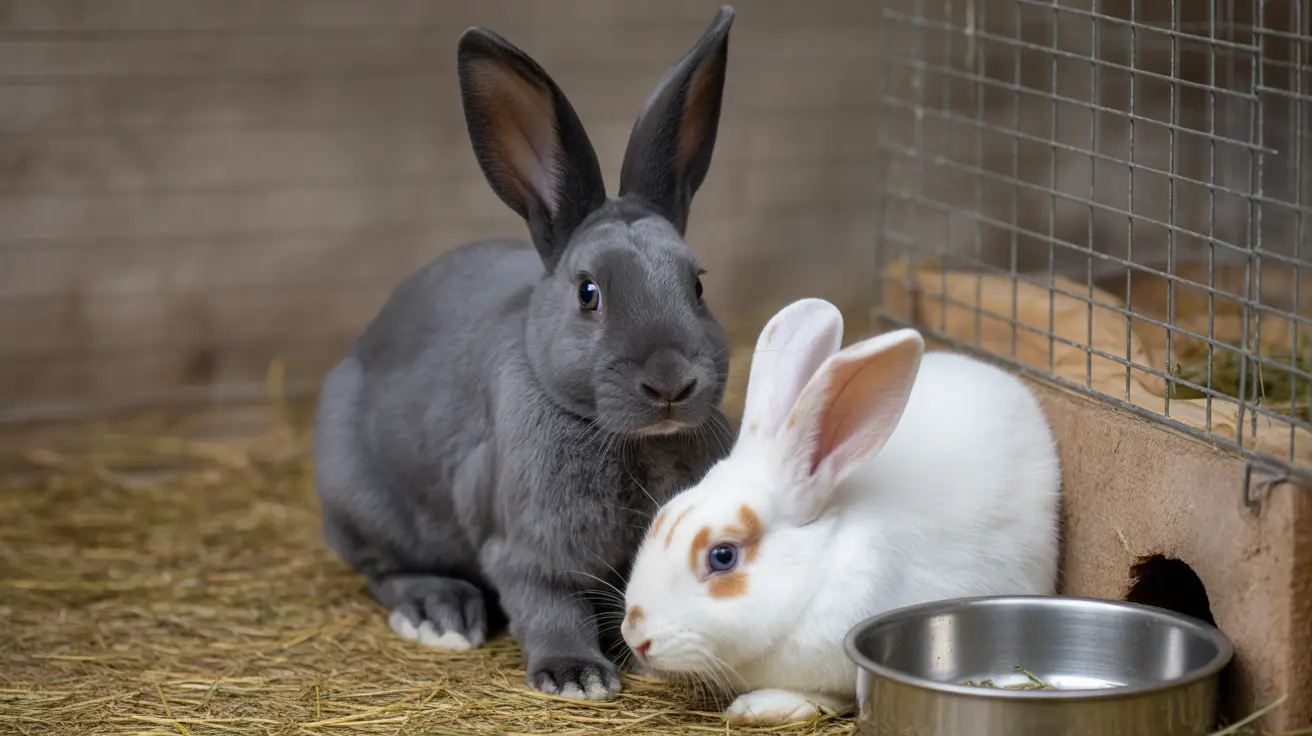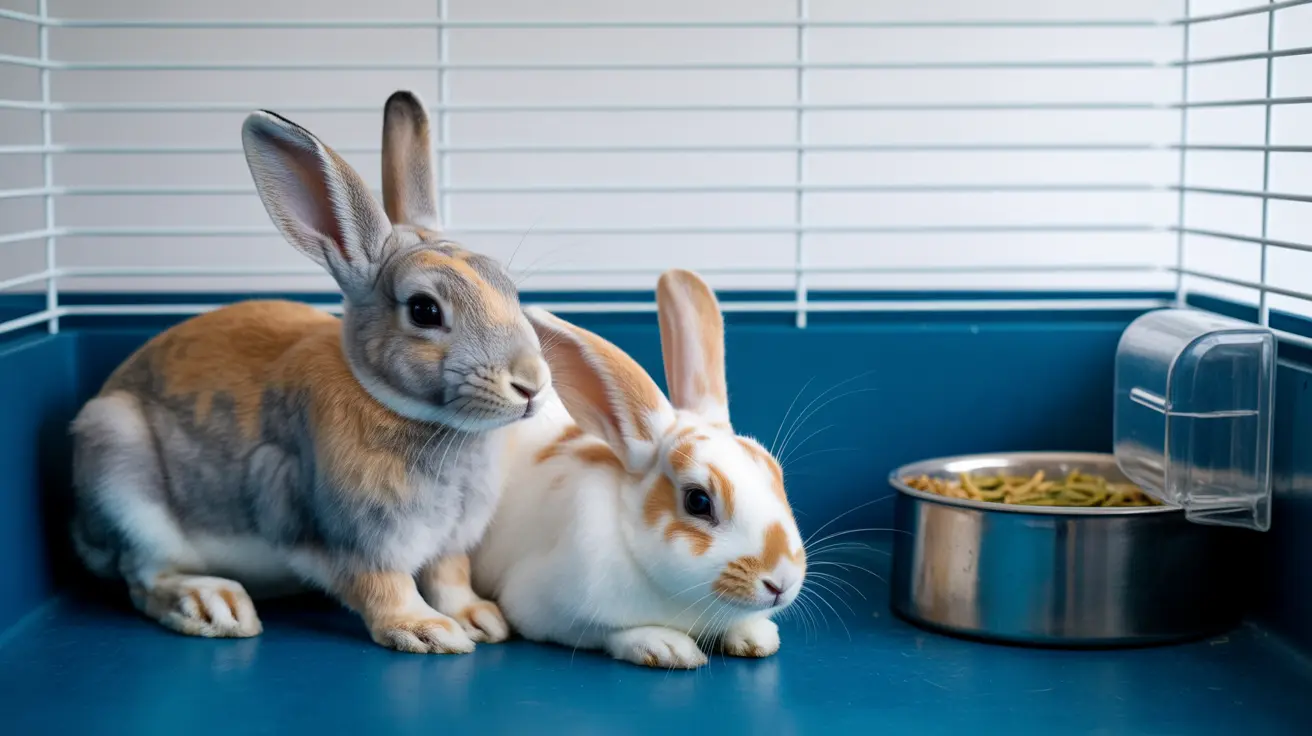Do Salukis Smell? A Guide to the Odor and Cleanliness of This Ancient Breed
If you're considering bringing a Saluki into your home, you may be wondering about their general cleanliness and whether they have a strong doggy odor. The good news is that Salukis are widely recognized as a low-odor dog breed. This characteristic, combined with their elegant features and calm demeanor, makes them particularly appealing to pet owners who are sensitive to smells or allergies.
Why Don't Salukis Smell Much?
Several factors contribute to the low odor profile of the Saluki breed:
- Clean Coat Composition: Salukis have a fine, silky coat that doesn’t trap oils and debris the way some thicker-coated breeds do.
- Minimal Shedding: Both smooth-coated and feathered Salukis shed very little, reducing the accumulation of dander and dead skin cells.
- Natural Cleanliness: Bred to share space with nomadic Bedouin families, Salukis were selectively valued for their cleanliness. They were often allowed inside family tents, a rare honor for dogs in traditional desert cultures.
- Lack of Oil Buildup: Their skin doesn’t produce excessive oils, helping to maintain a fresh scent between baths.
Grooming Needs and Routine
While Salukis are low-odor dogs, maintaining their coat and hygiene is important for keeping them clean and healthy:
- Brushing: Once or twice a week is usually enough. Feathered varieties may require more frequent brushing to prevent tangles, especially on ears and tails.
- Bathing: Salukis only need a bath when they get visibly dirty. Their low-oil coat stays clean longer than those of oilier breeds.
- Ear Cleaning: Weekly ear checks and cleaning help prevent infections that can cause odors.
- Dental Care: Regular brushing of teeth prevents bad breath and oral bacteria buildup.
- Nail Trimming: Keeping nails short not only supports healthy movement but also prevents debris accumulation that can contribute to smells.
Saluki Temperament and Clean Living Habits
Salukis are known for being quiet, calm, and sensitive—traits that contribute to their clean-living image. They are not slobbery nor do they excessively roll in dirt as some breeds tend to do. Thanks to their care for personal space and general delicacy, Salukis are tidy pets.
Other Considerations That May Affect Odor
While Salukis are typically low odor, a few factors may cause any dog to smell:
- Health issues: Skin infections, dental disease, or ear infections can cause bad odors in any breed.
- Poor diet: A substandard or inappropriate diet may result in increased body odor or digestive issues.
- Lack of grooming: Neglecting basic grooming routines can lead to smell buildup even in clean breeds.
Fortunately, issues like these are easily avoidable through regular care and responsible pet ownership.
Historical and Cultural Notes on Saluki Cleanliness
Historically revered in Middle Eastern cultures, Salukis were often granted privileges other dogs weren’t. This included being allowed inside homes and tents. One reason behind this preferential treatment was their lack of strong odor, which made them suitable companions even in enclosed living spaces.
Are Salukis Good for People with Allergies?
Salukis are not hypoallergenic, but their low-shedding, low-oil coat and minimal dander production make them a better option for allergy-sensitive individuals compared to other breeds. Always consult an allergist before adopting a new pet if you have sensitivities.
Conclusion: A Naturally Clean and Pleasant Companion
With their natural tendency toward cleanliness, low-maintenance grooming needs, and lack of doggy odor, it's no wonder Salukis have been cherished for thousands of years. Their combination of elegance, physical prowess, and personal hygiene makes them an ideal companion for pet owners looking for a dignified, low-odor canine.





